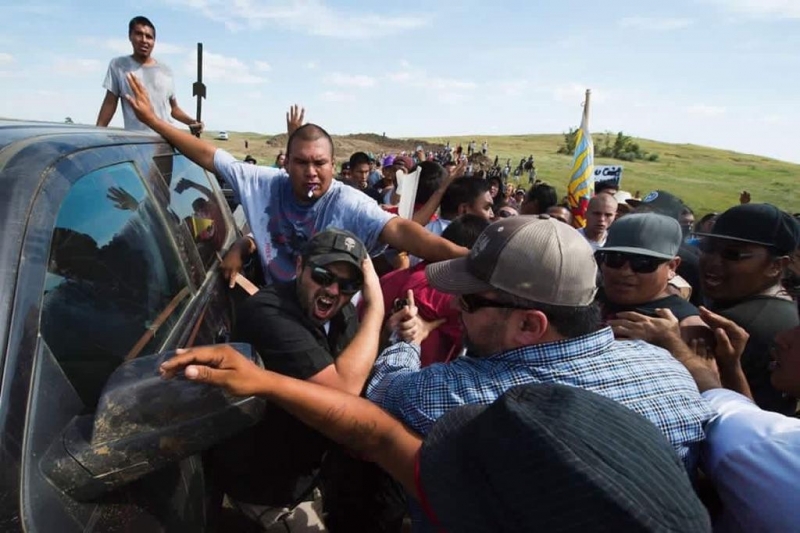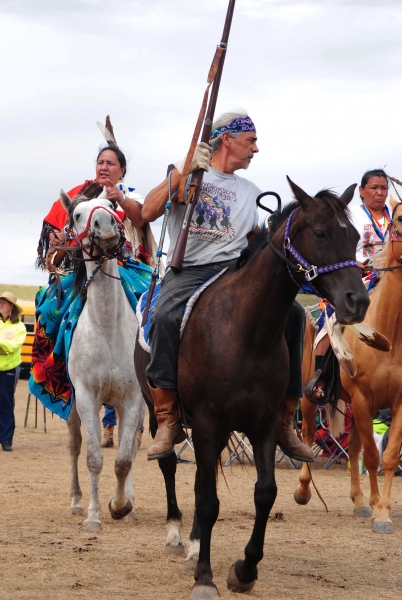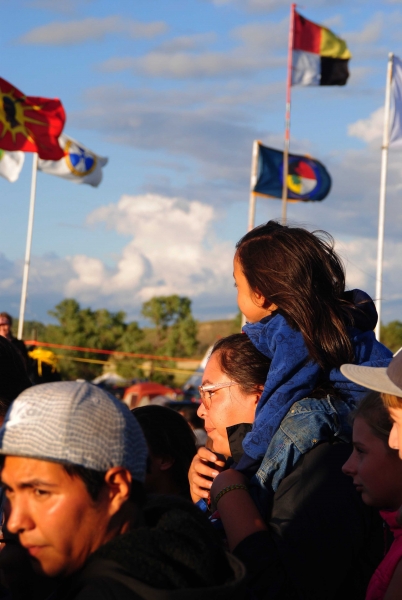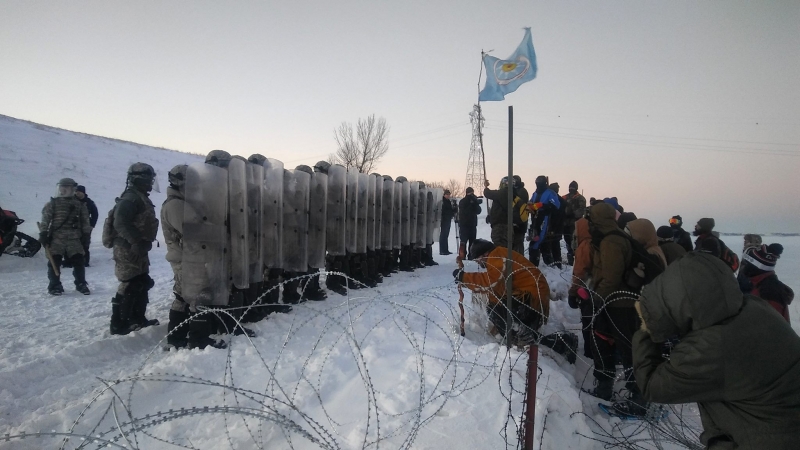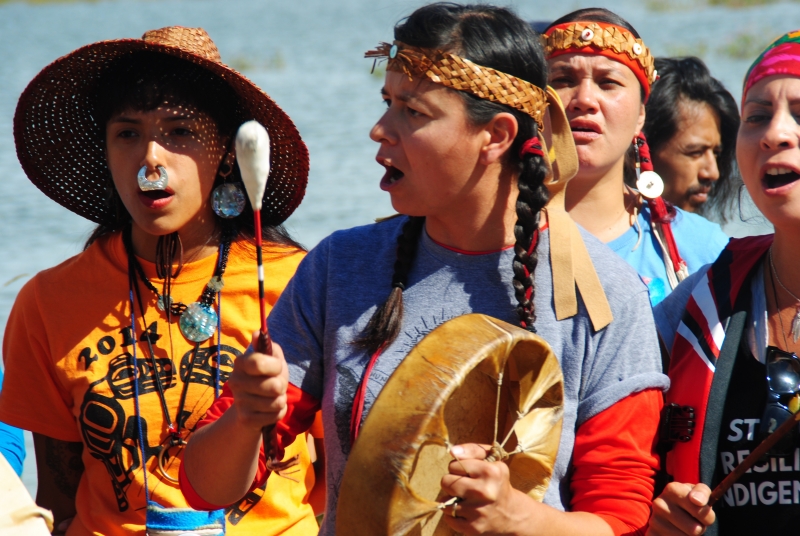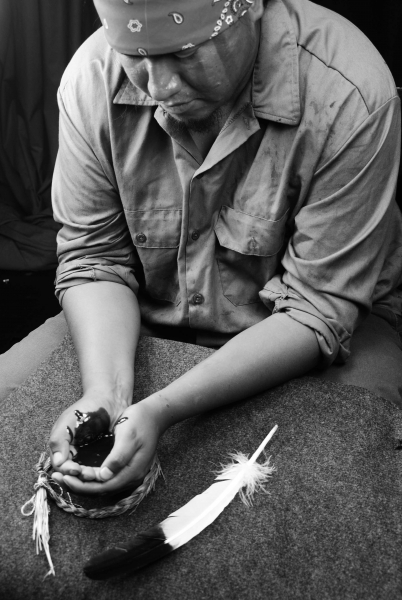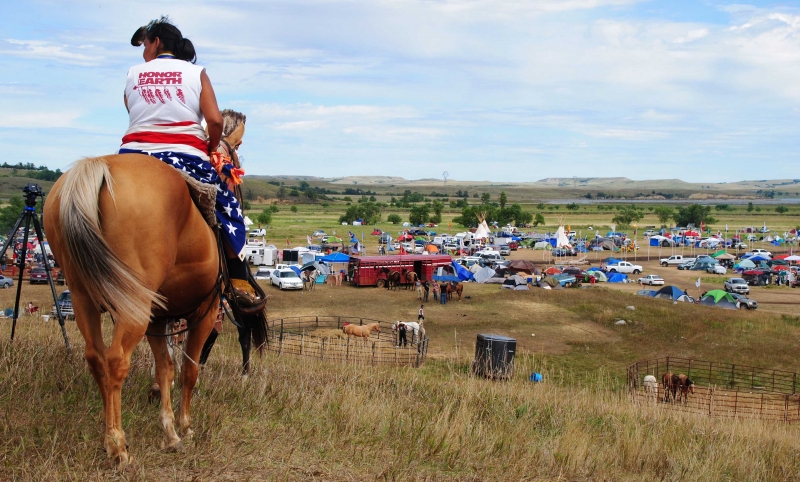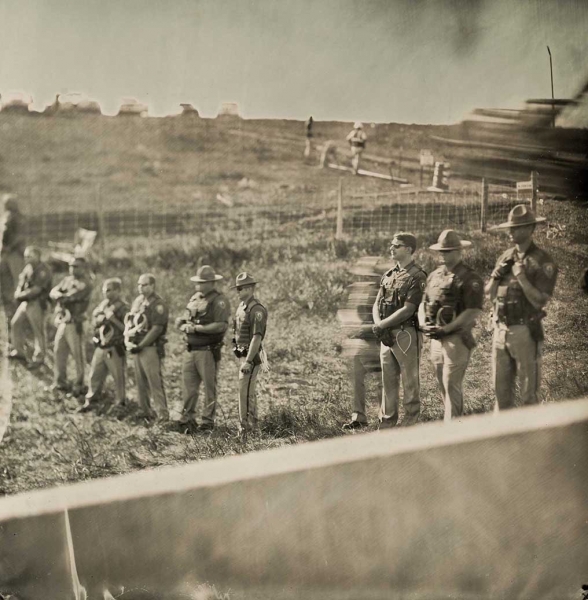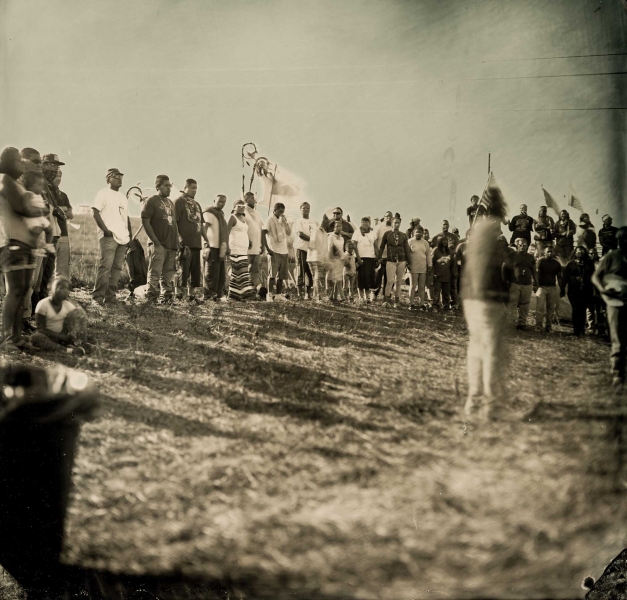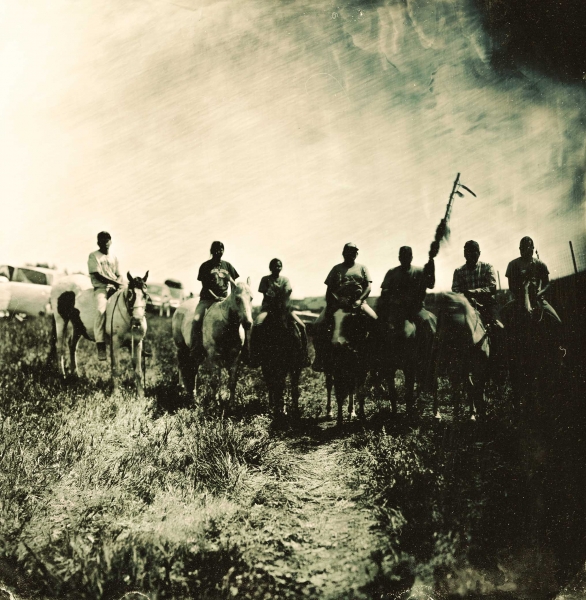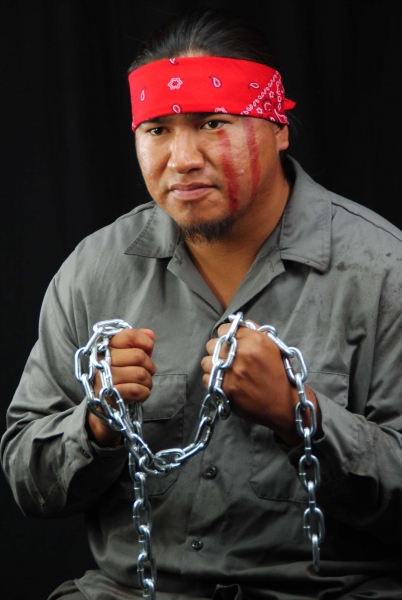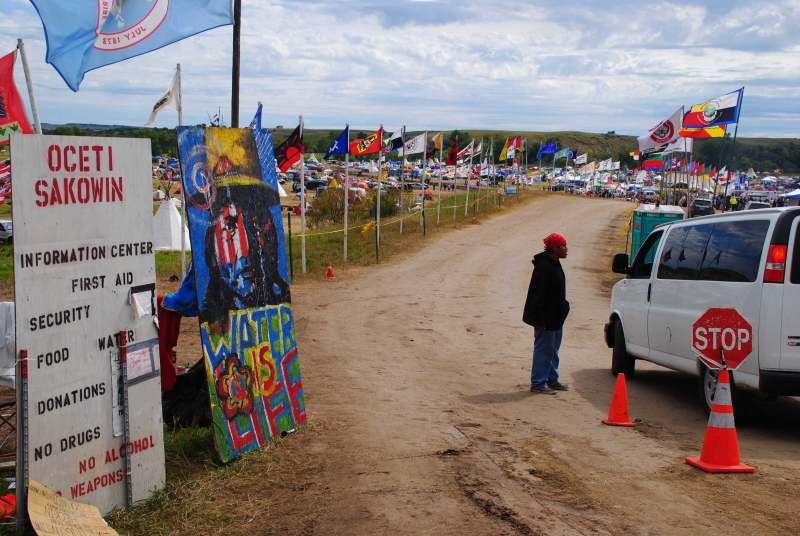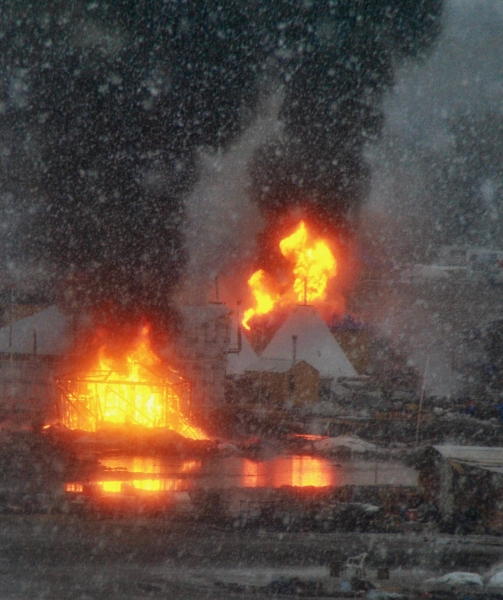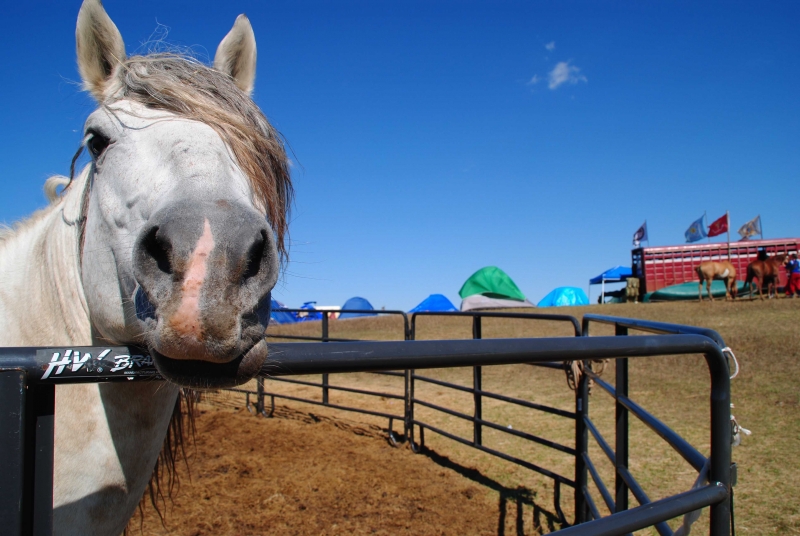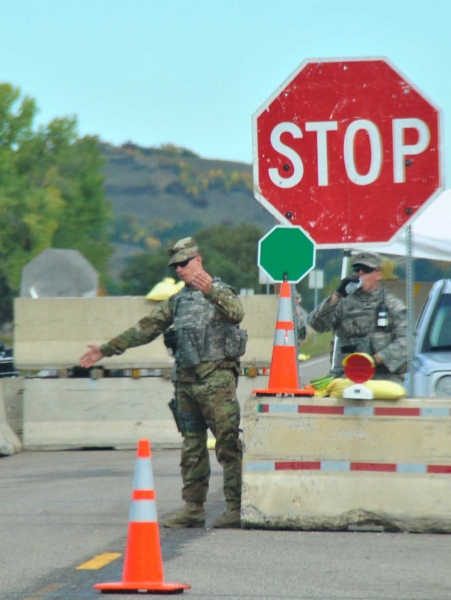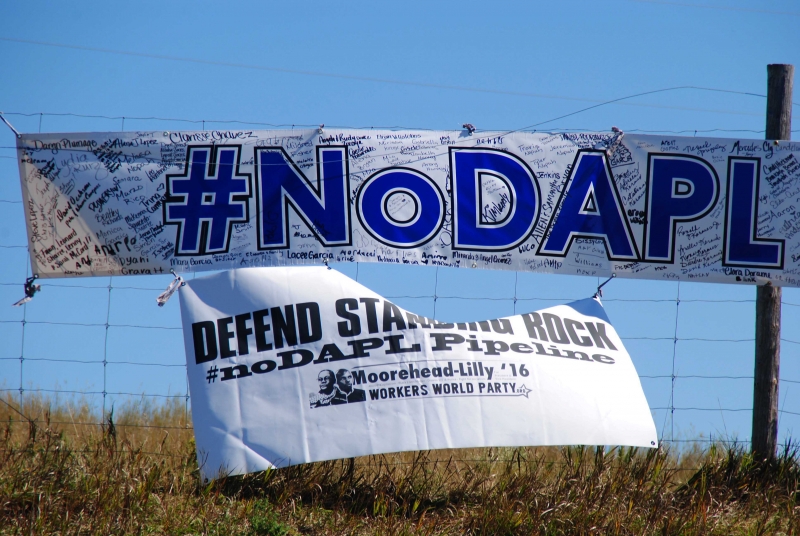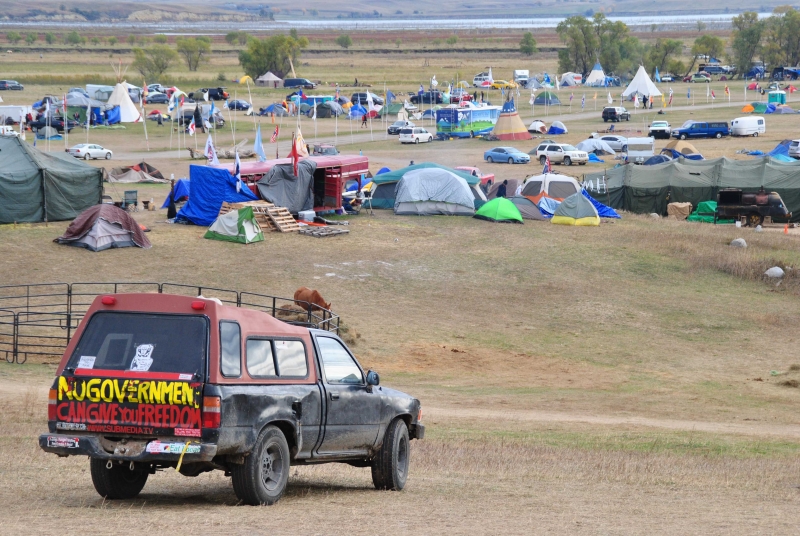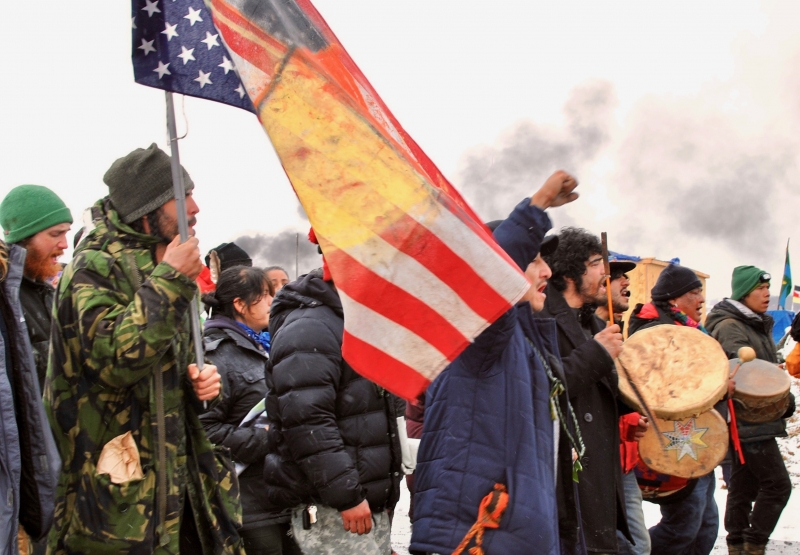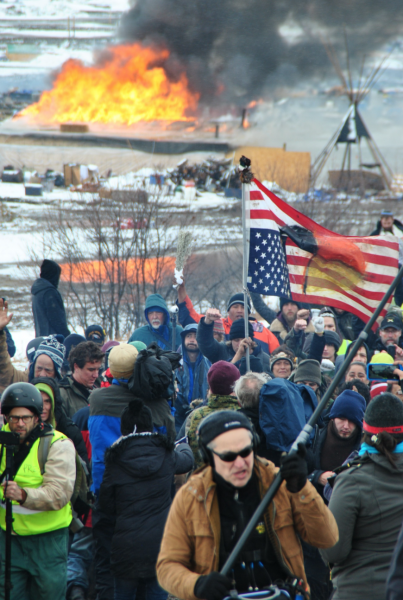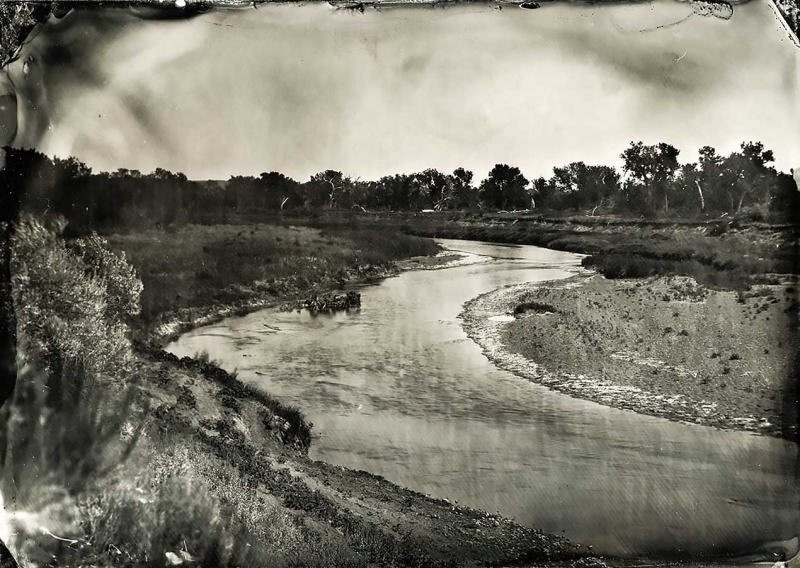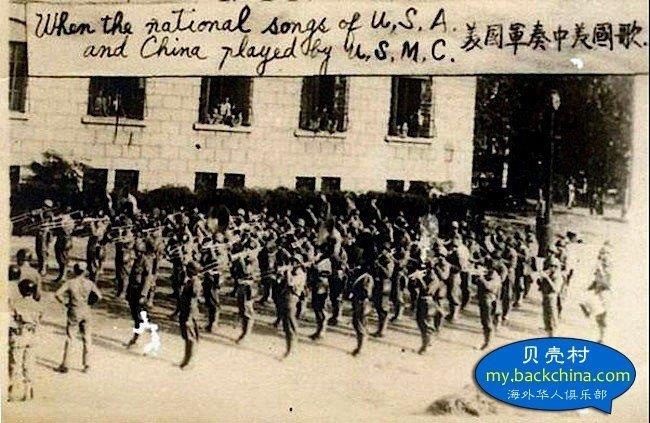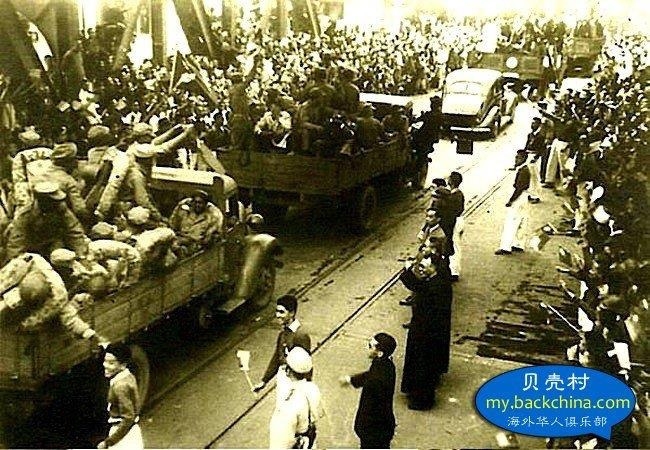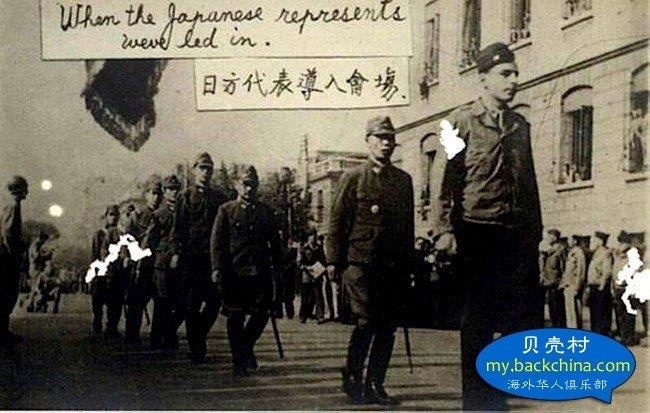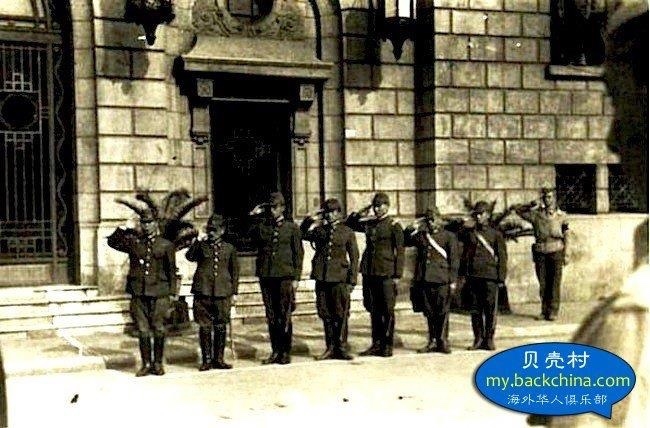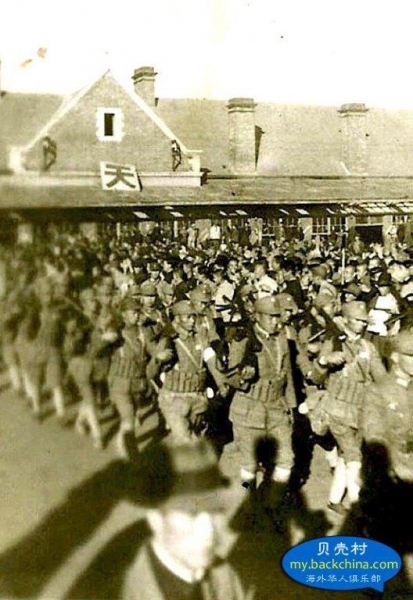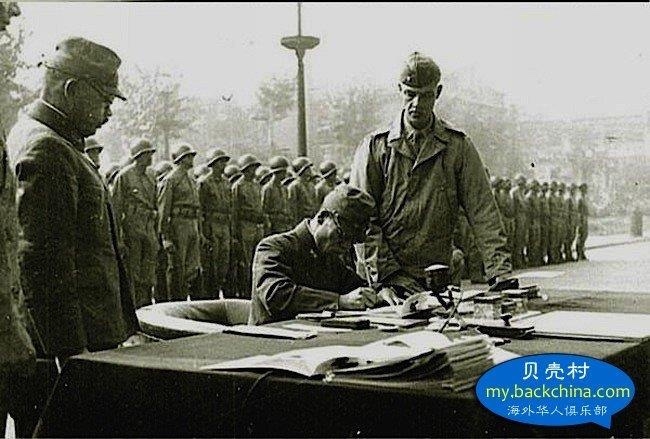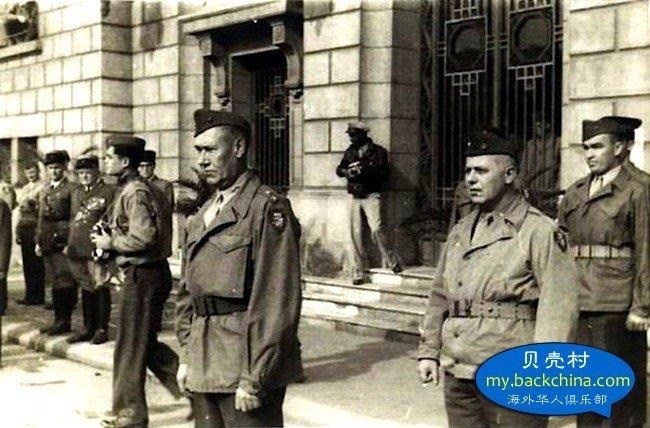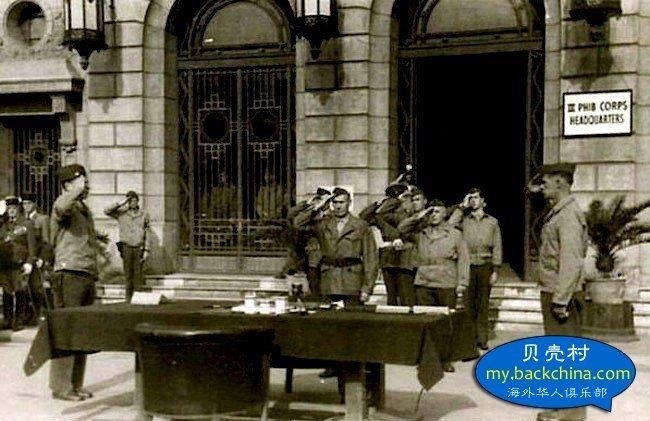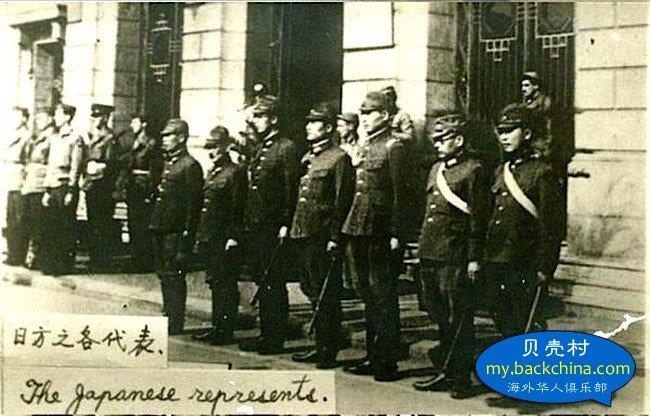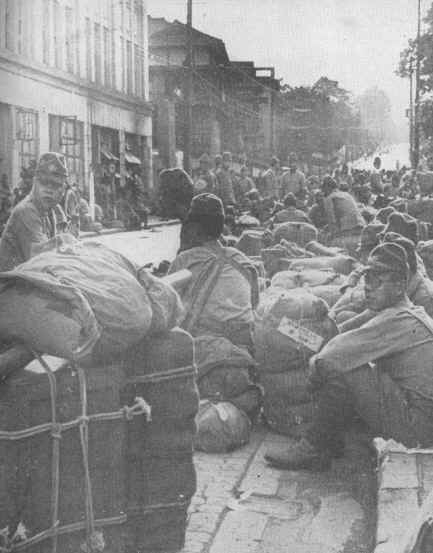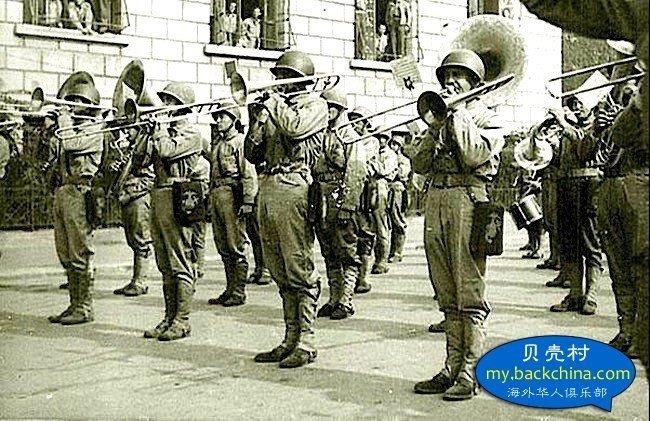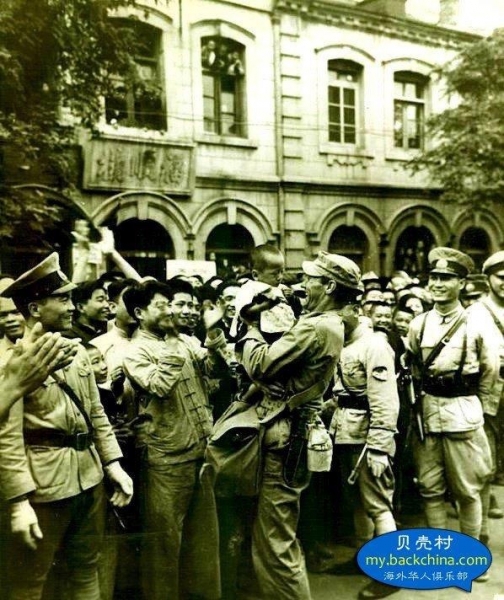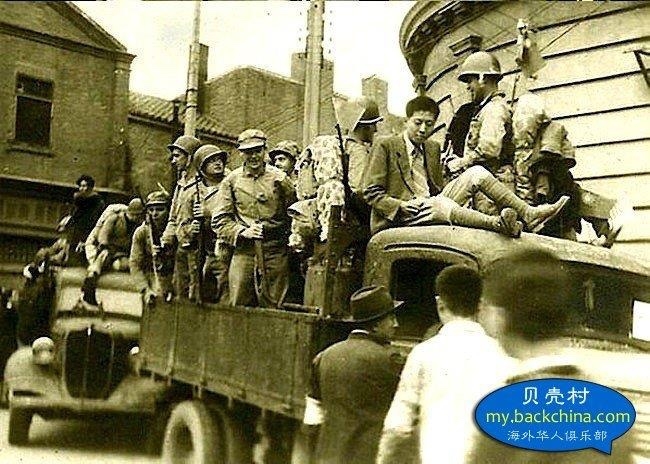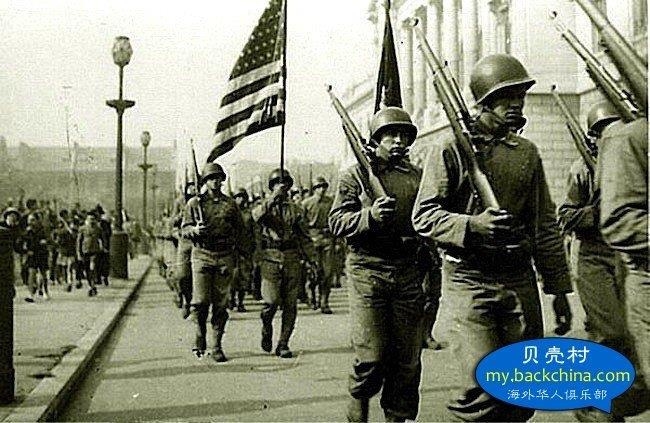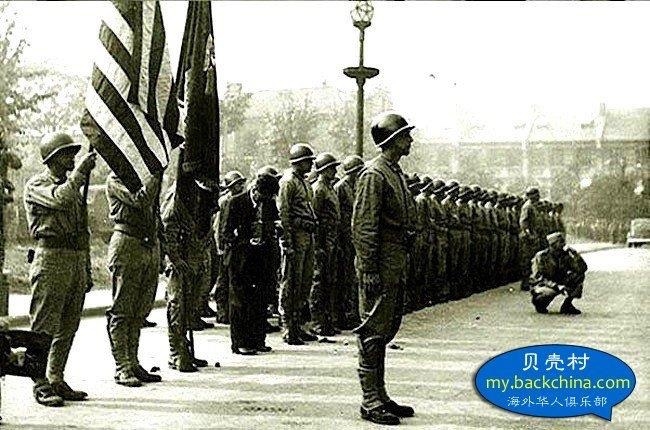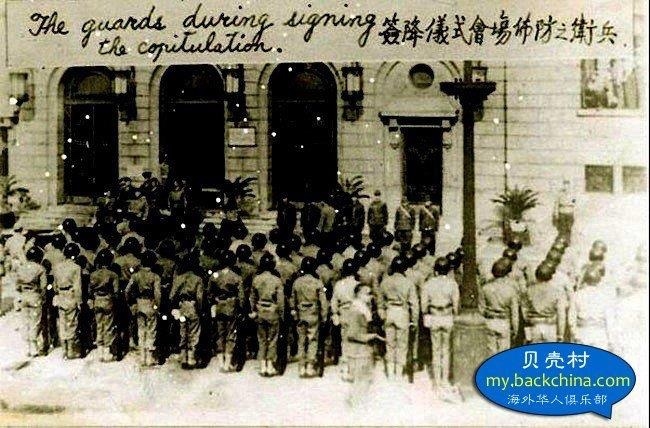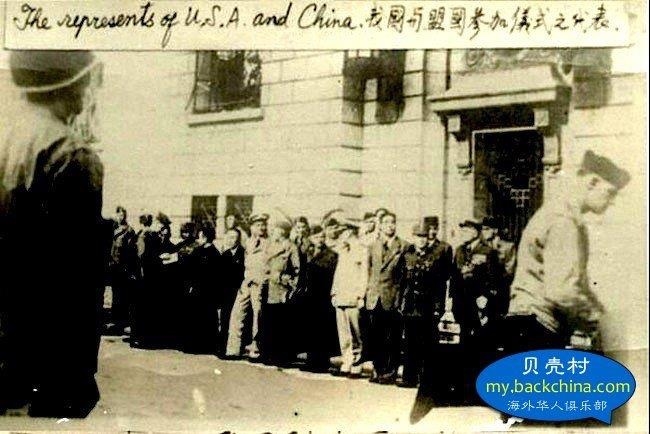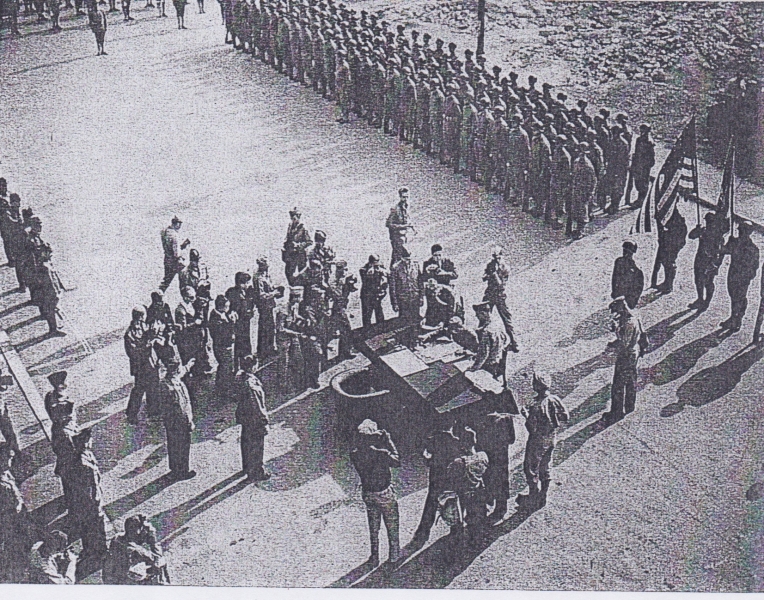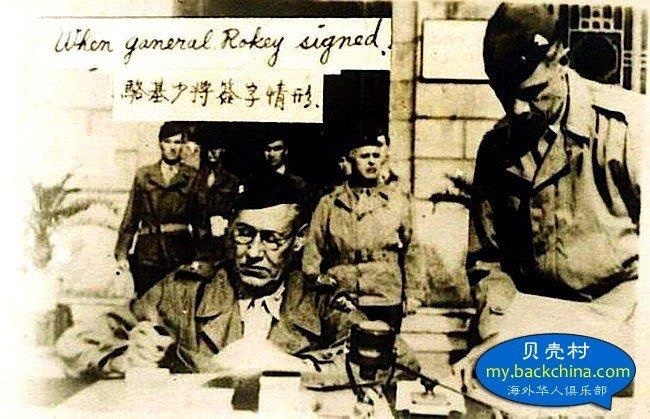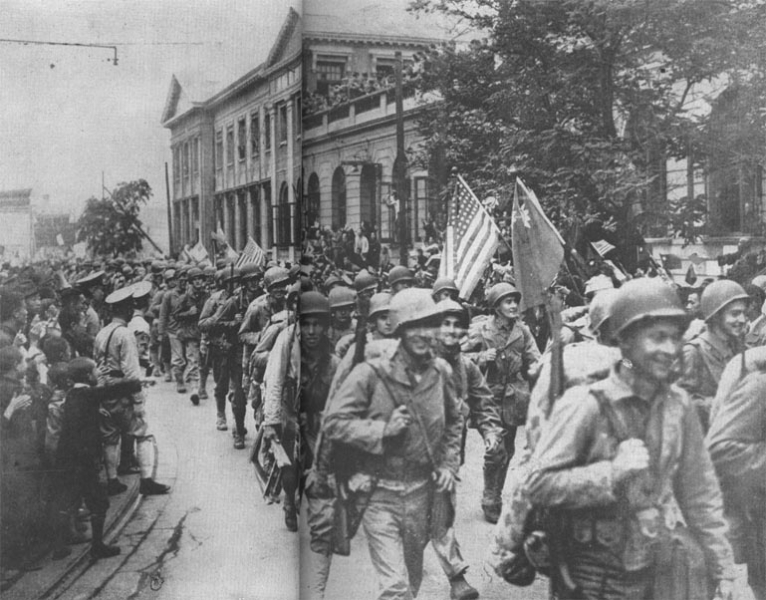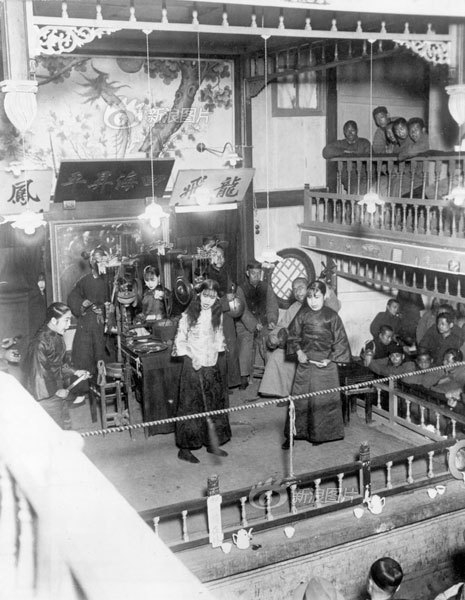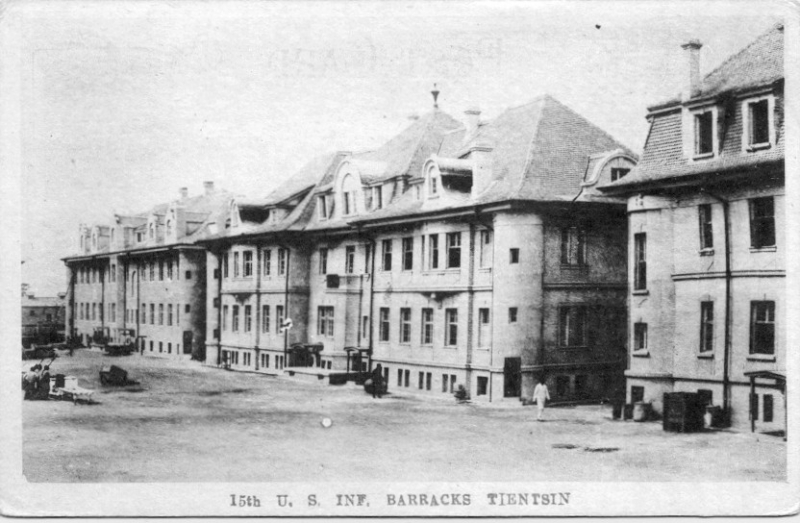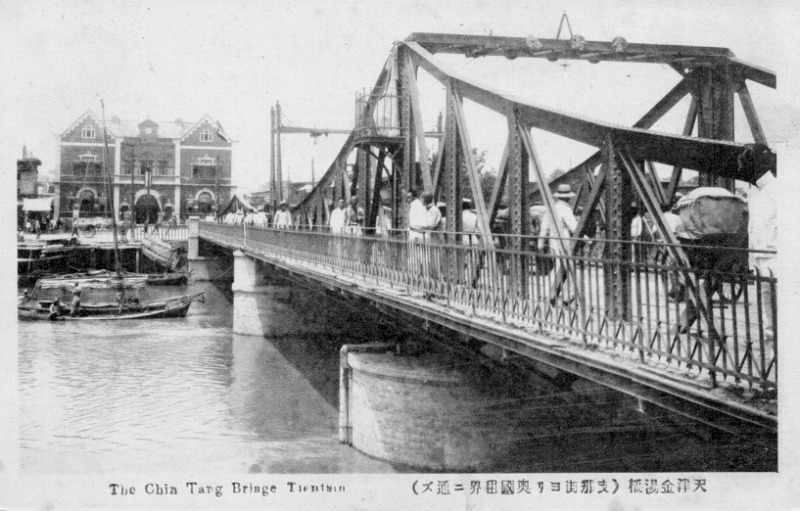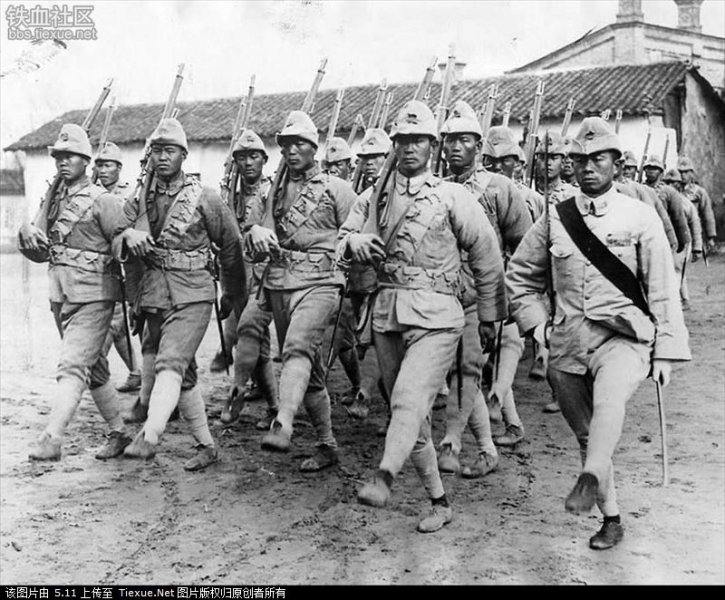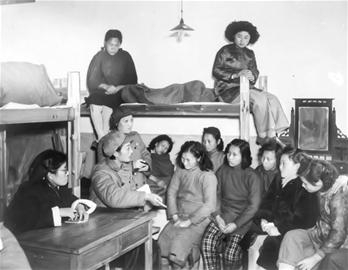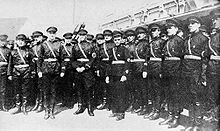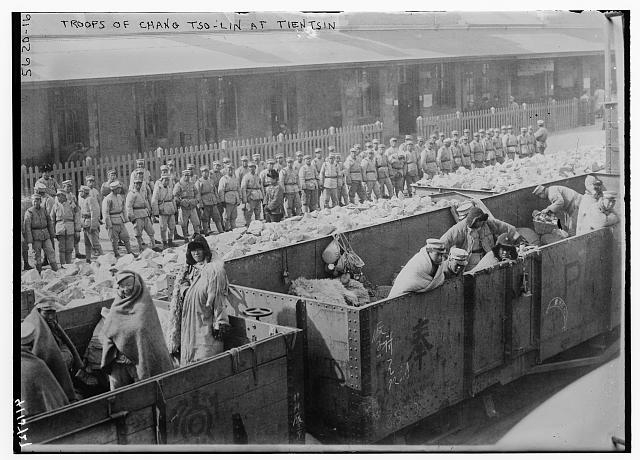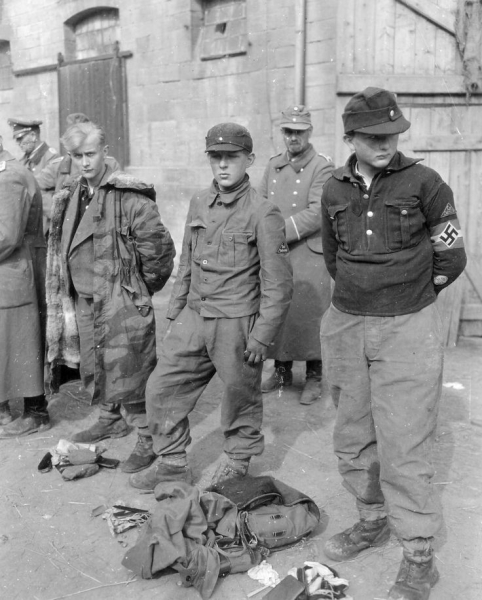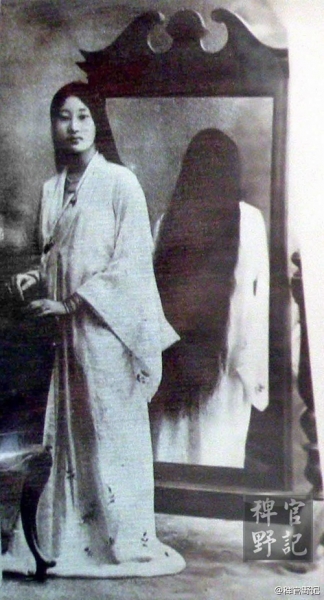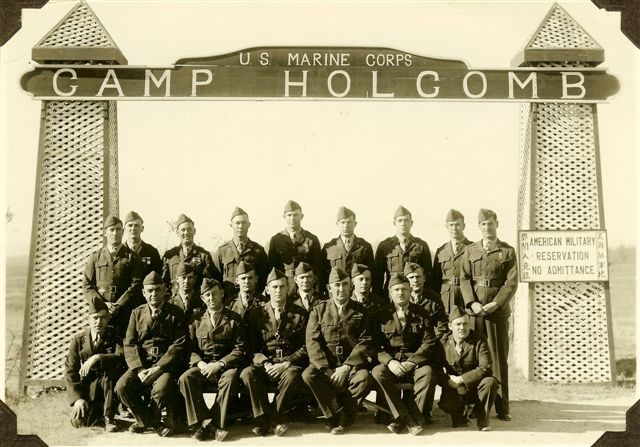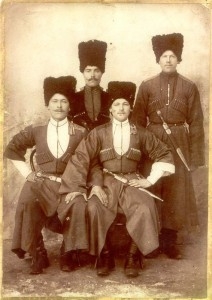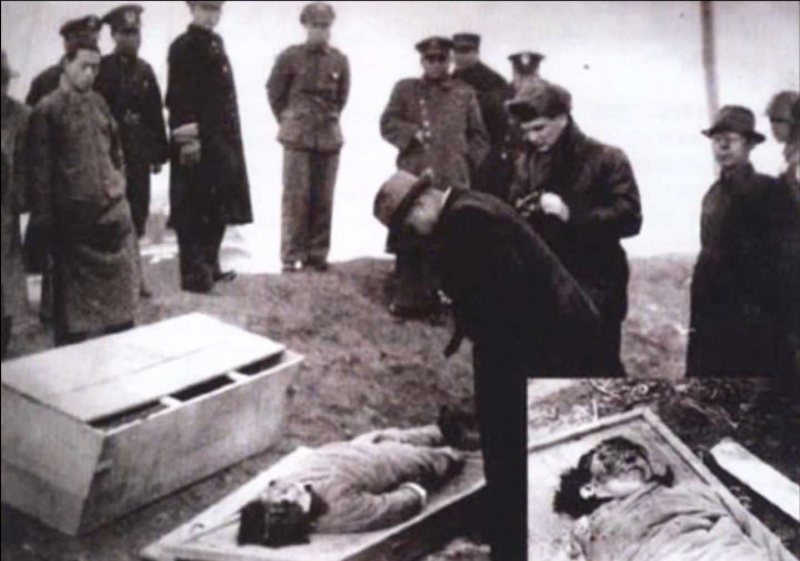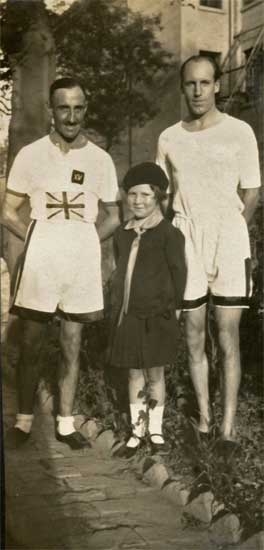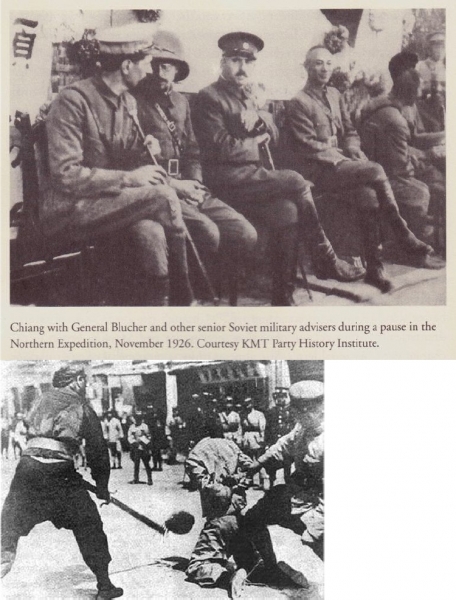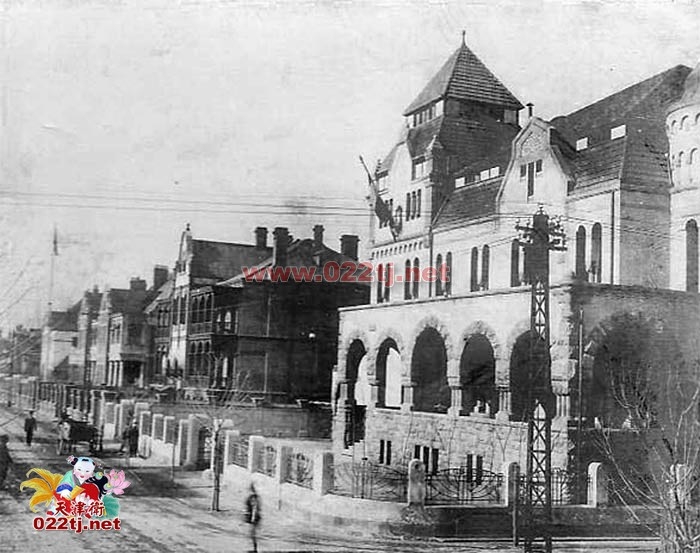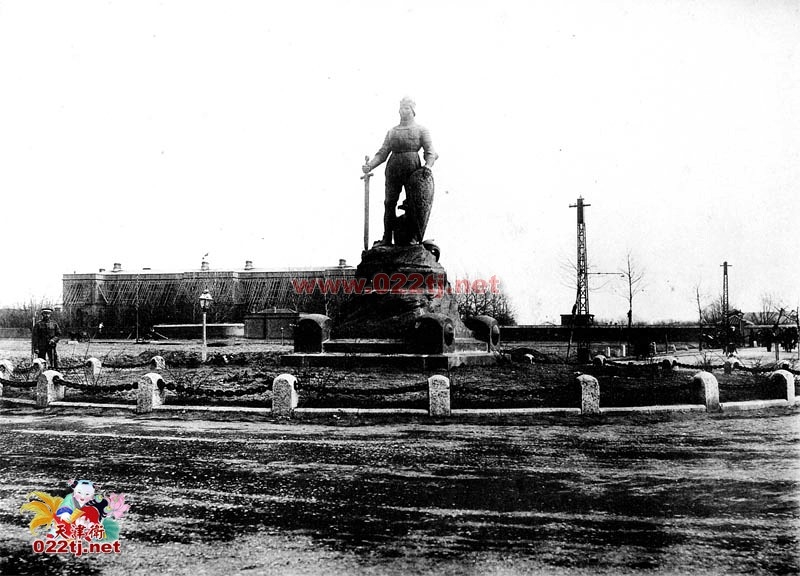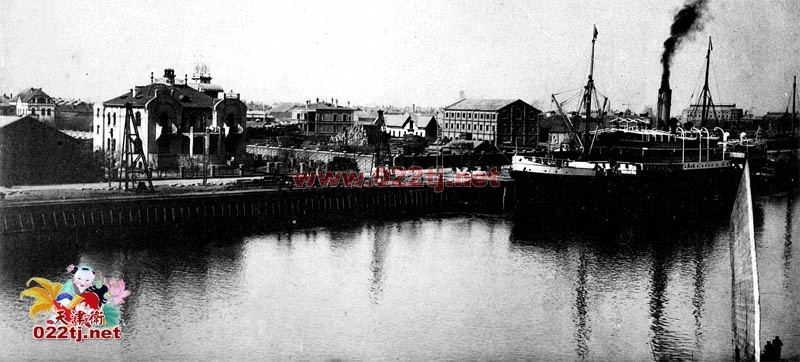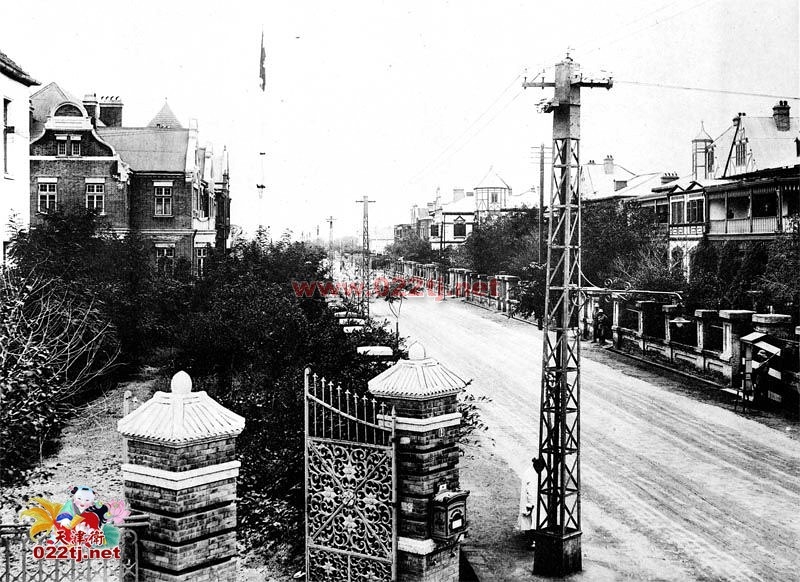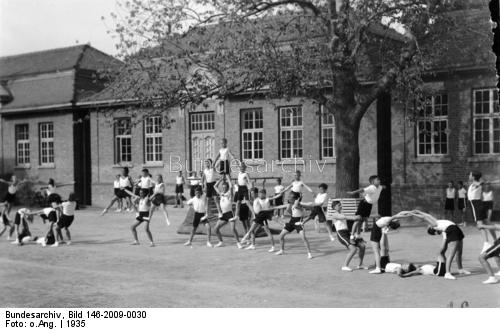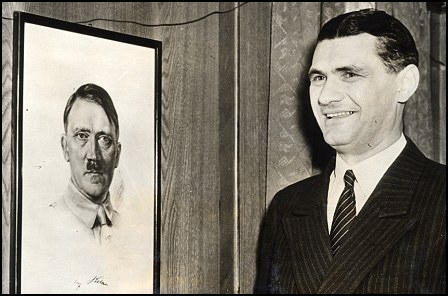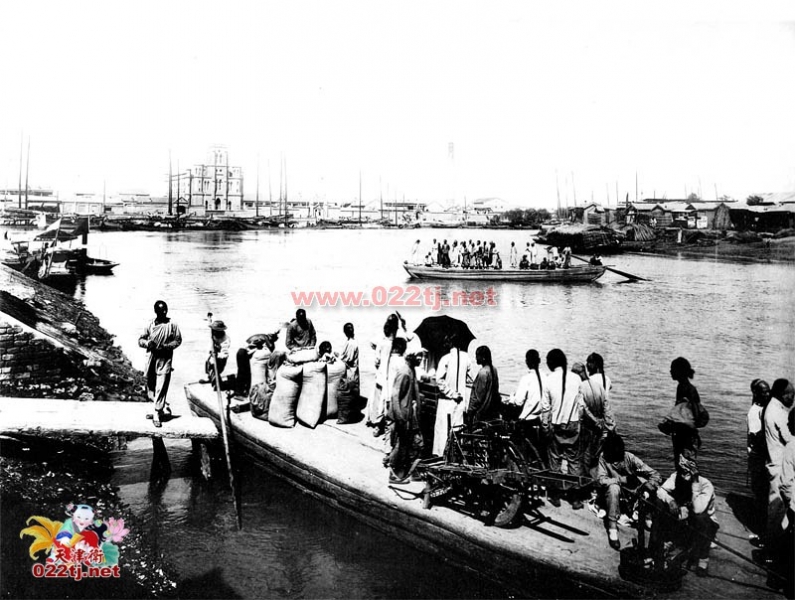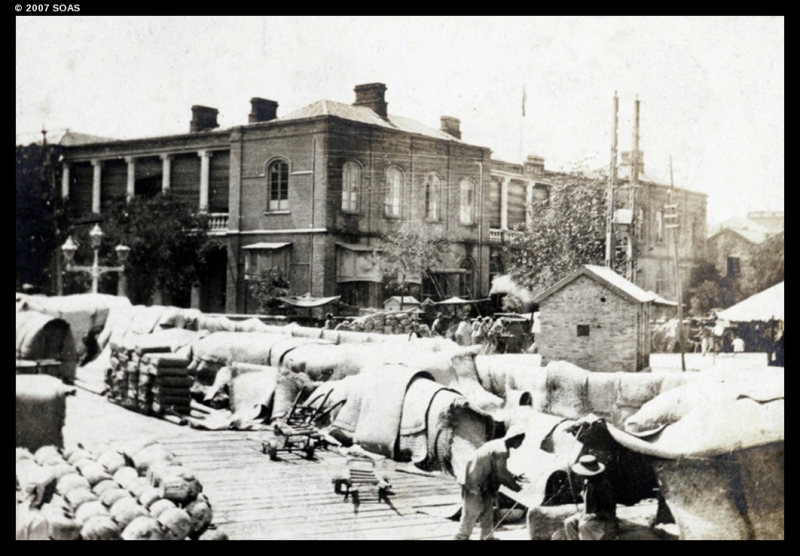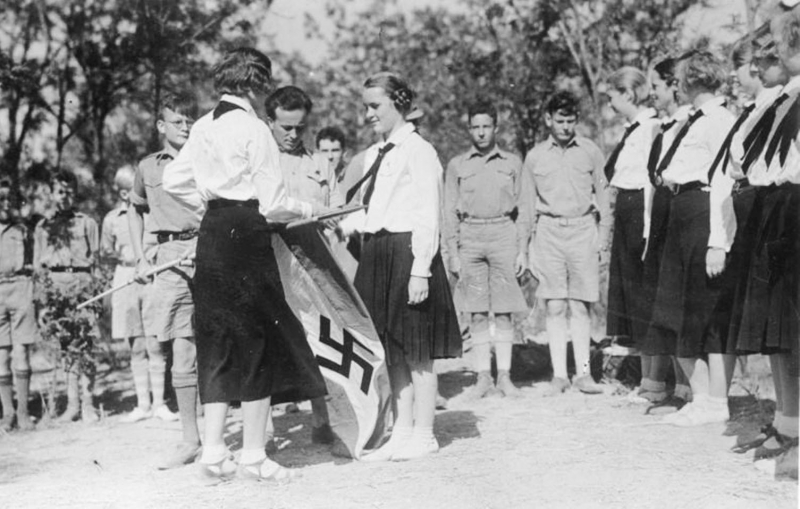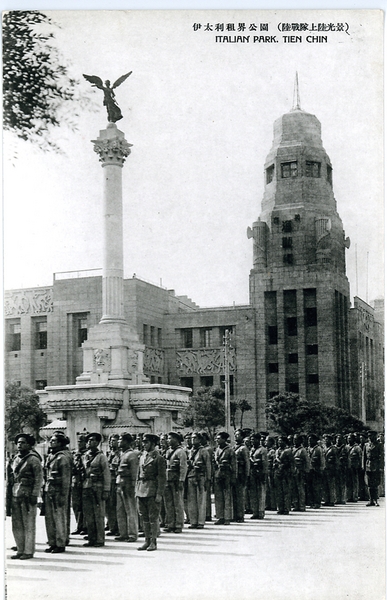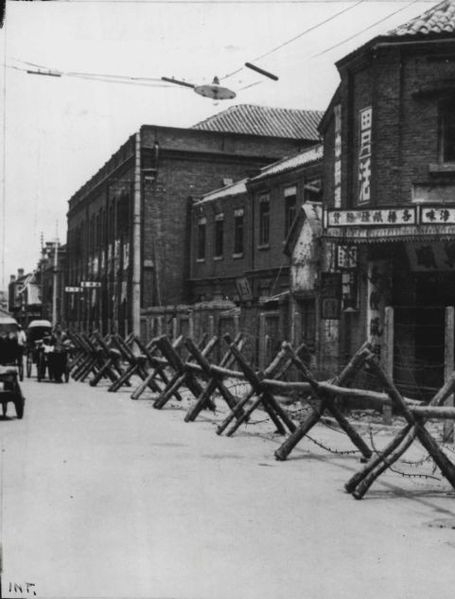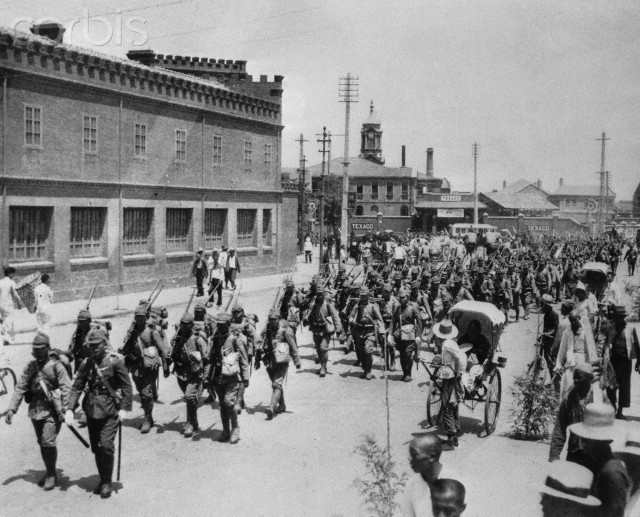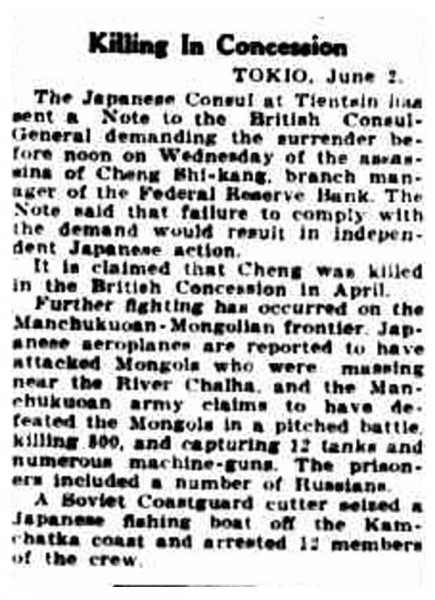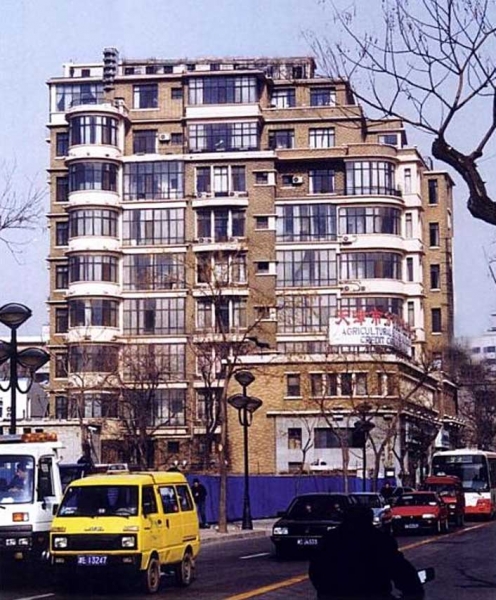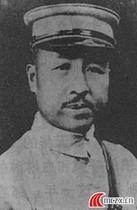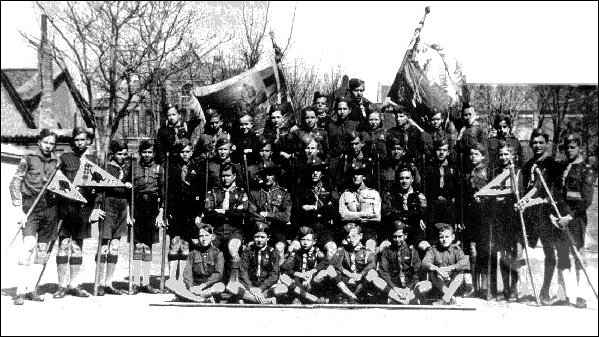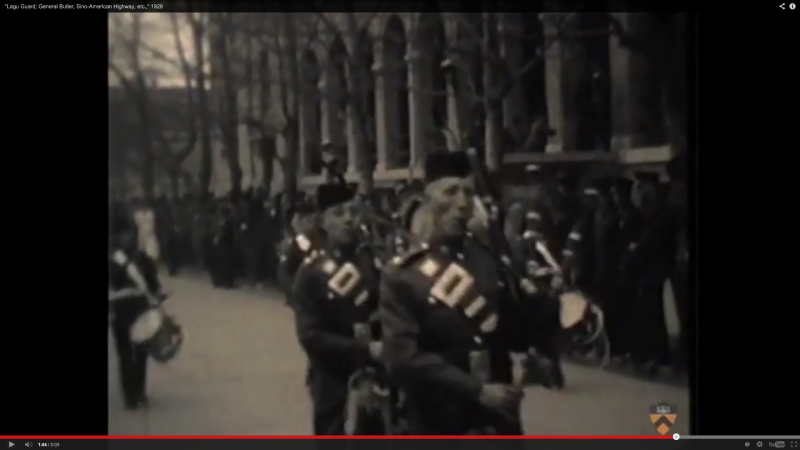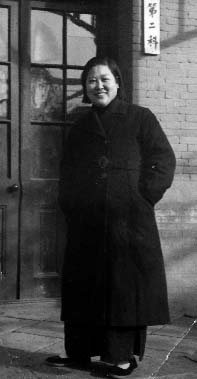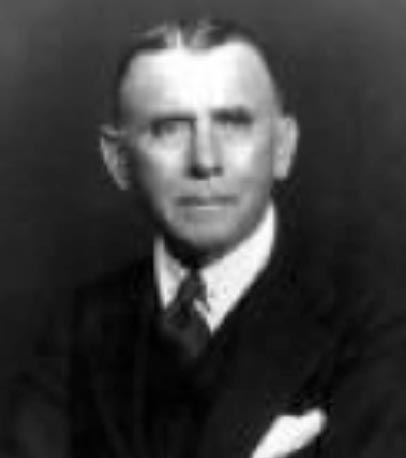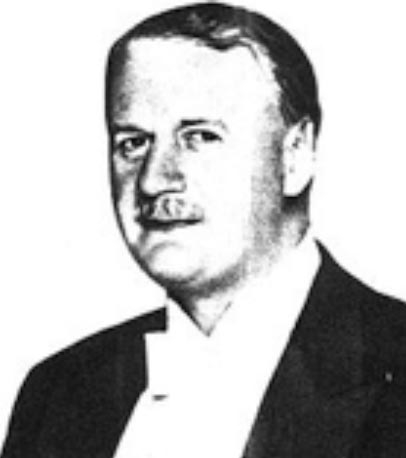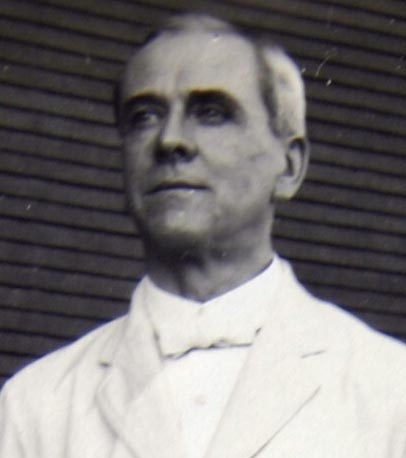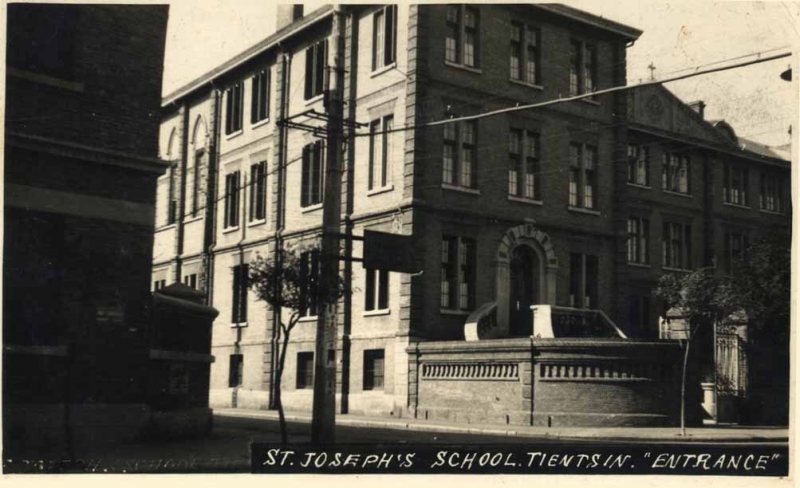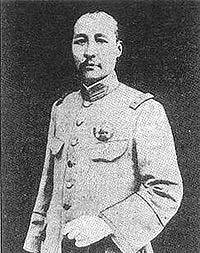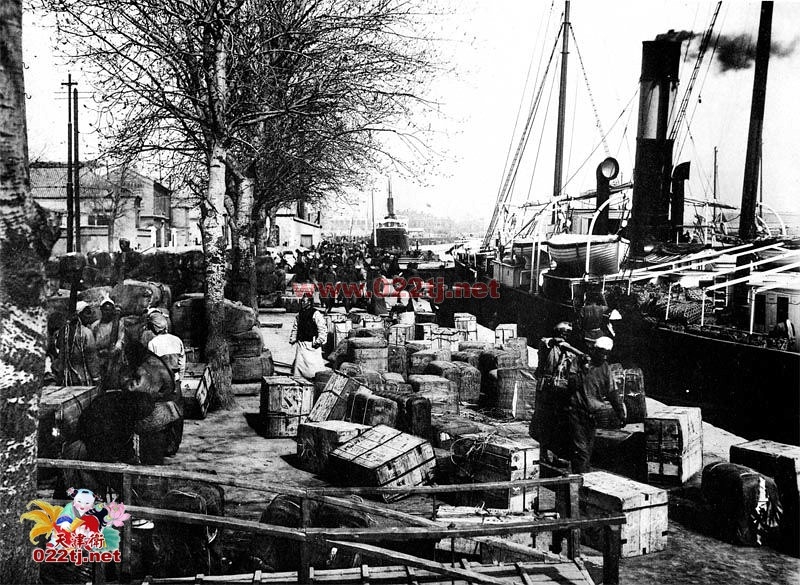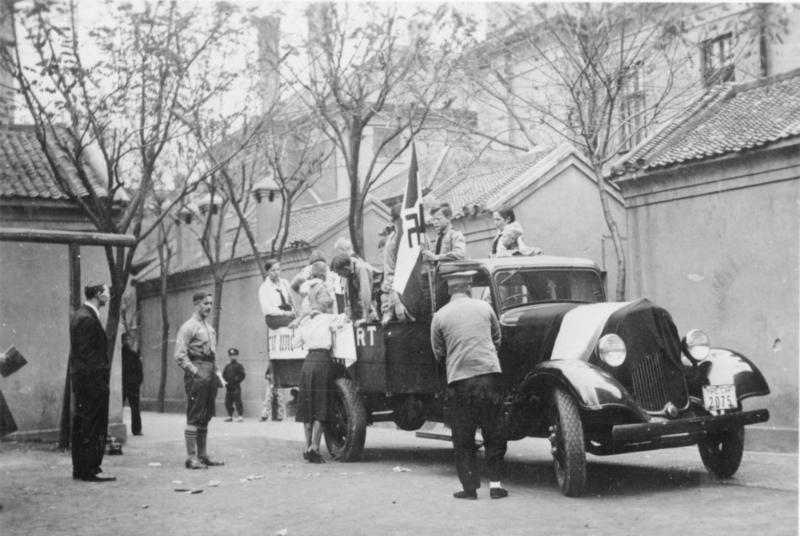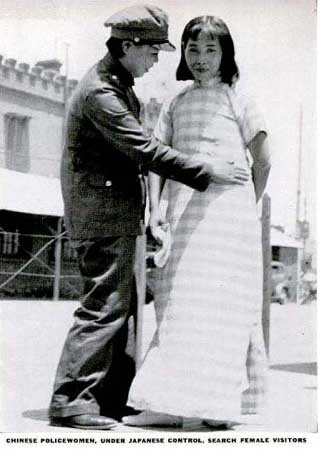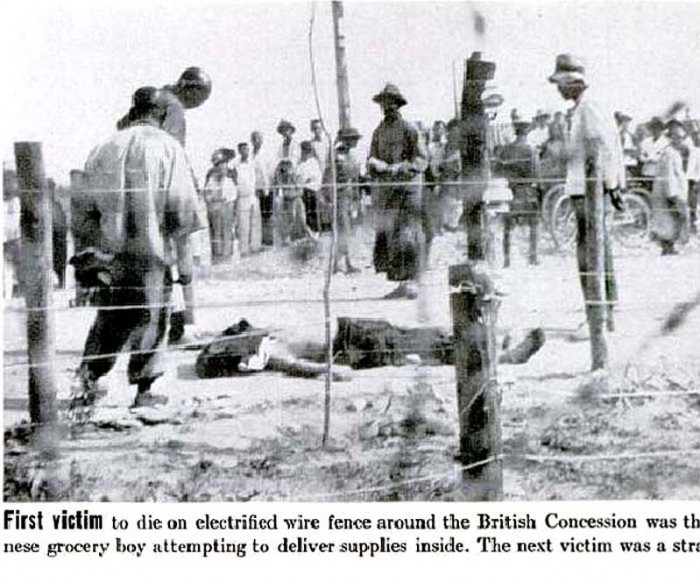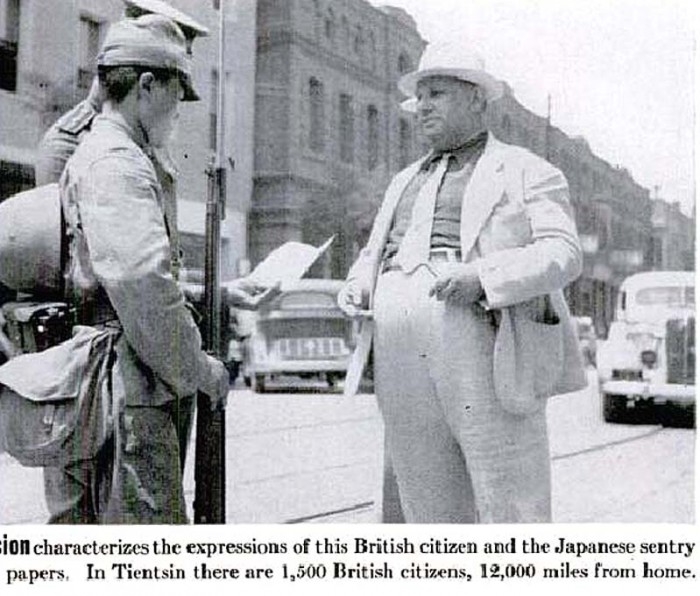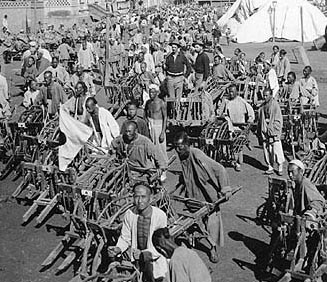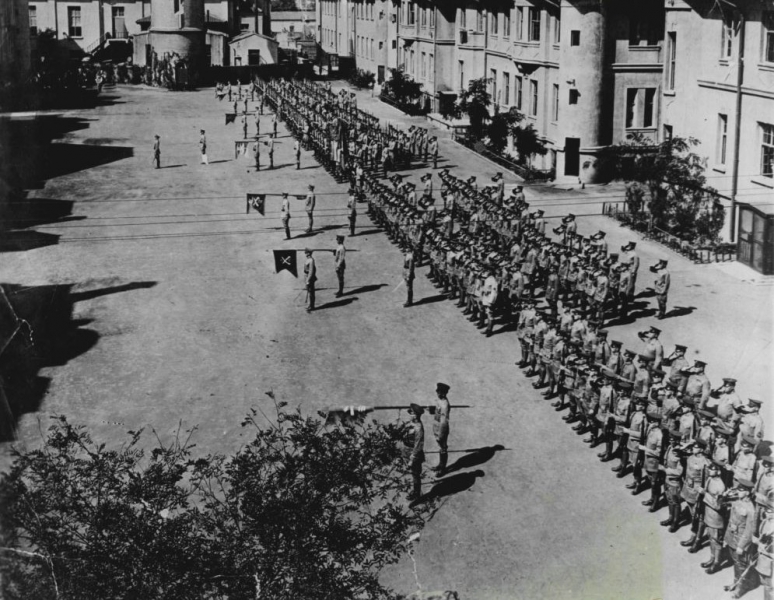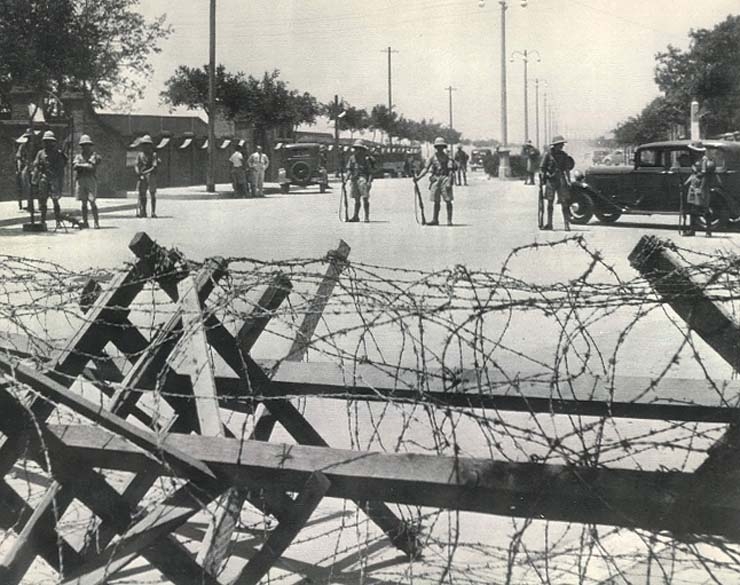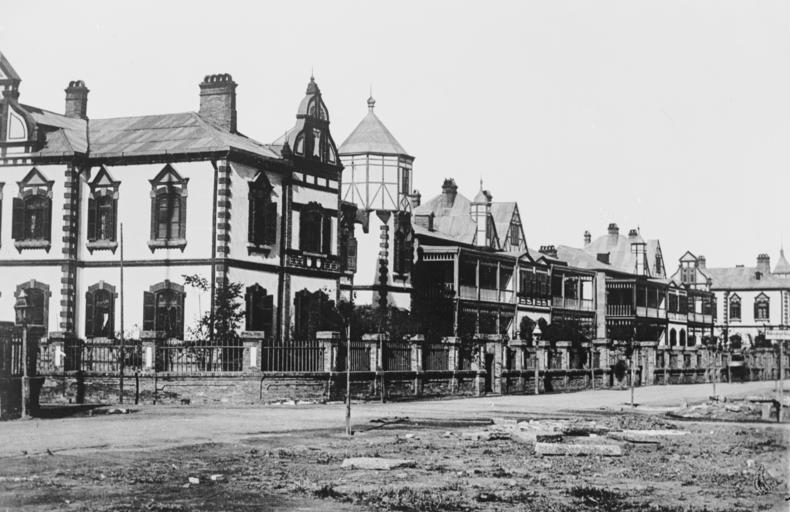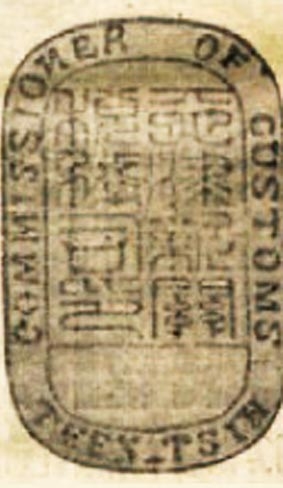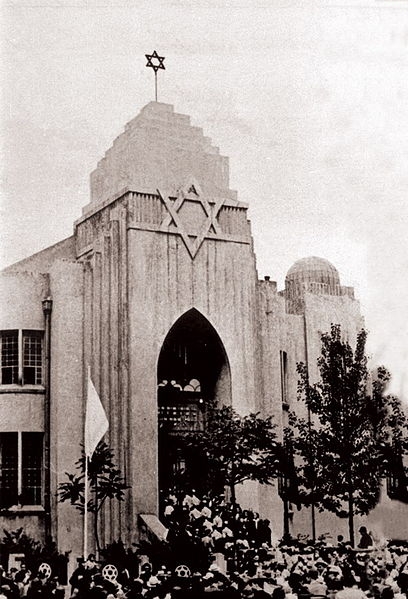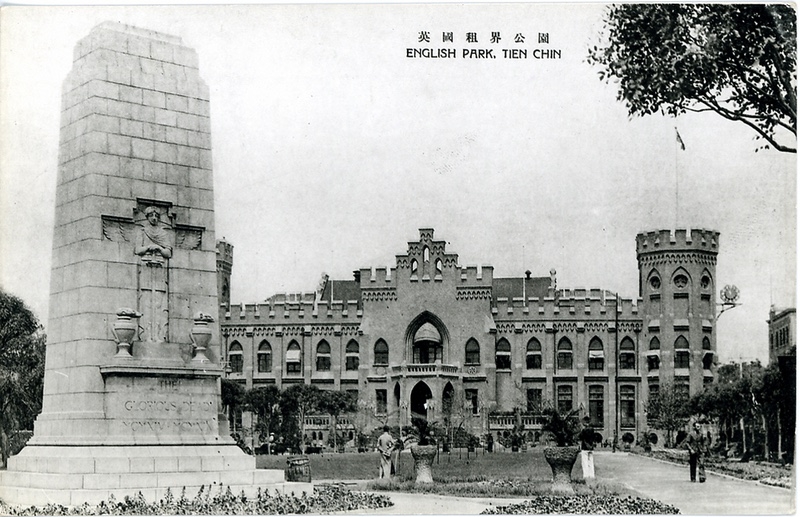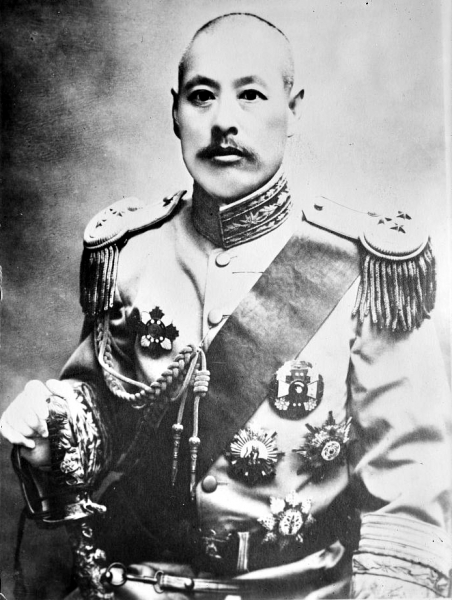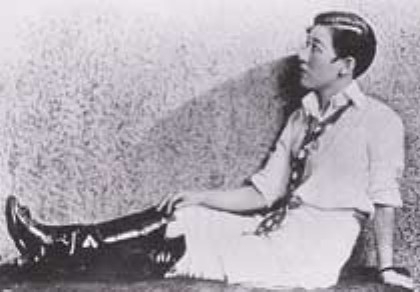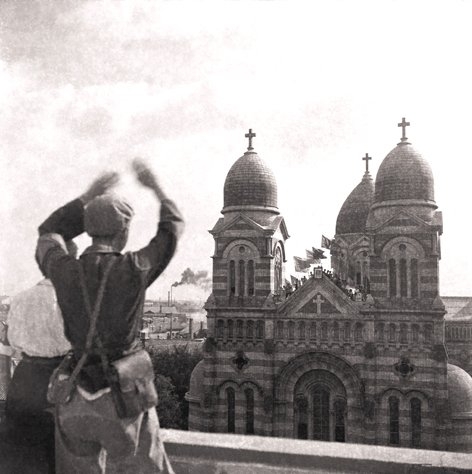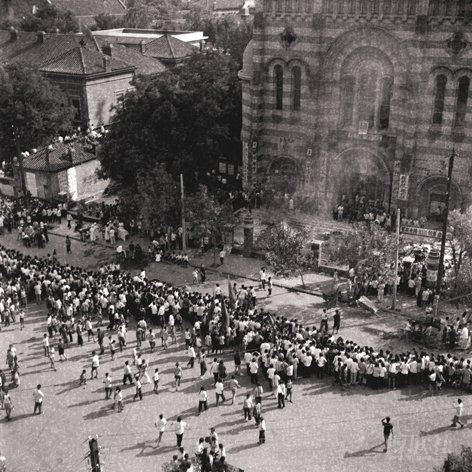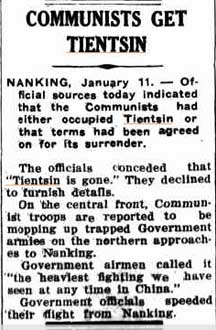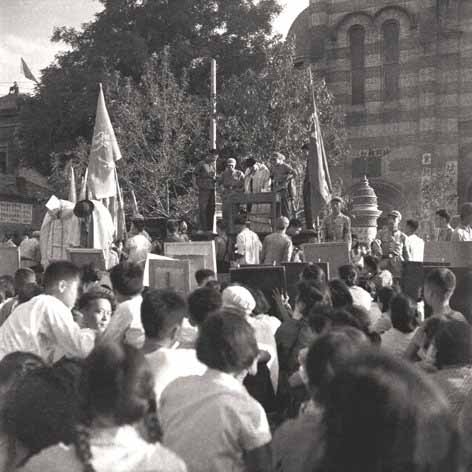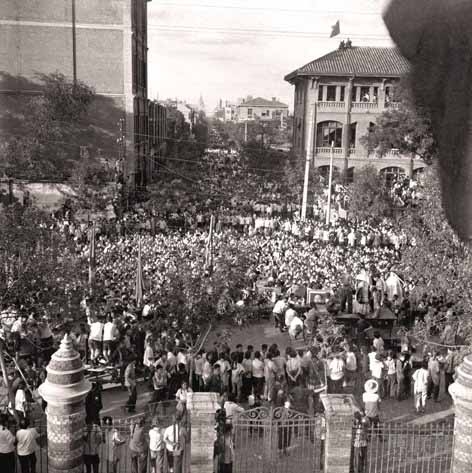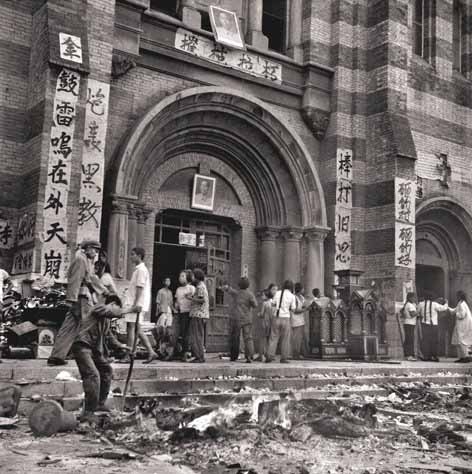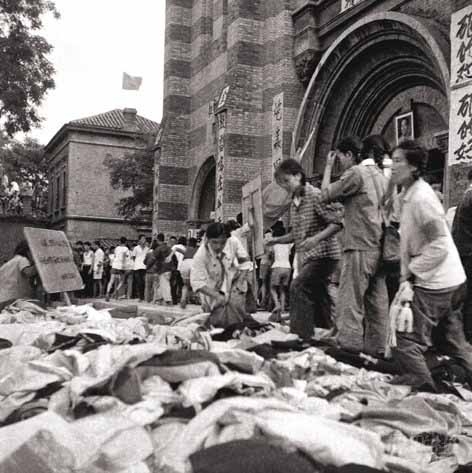Fargo city commissioner claims information provided to city is lies
By C.S. Hagen
FARGO – The Fargo City Commissioner leading the charge against refugee resettlement in Fargo claimed partial responsibility this week for helping the national push on the same issue.
During an interview Monday morning on AM 1100 The Flag Need To Know Morning Show, Dave Piepkorn responded to information related to a Freedom of Information Act request, made to the city by the High Plains Reader, or HPR Magazine, into any connections between Piepkorn and Breitbart, an alt-right media outlet once managed by special advisor to President Donald Trump, Stephen Bannon.
Breitbart reporter Lee Stranahan attended a Fargo City Commissioners meeting last year and published a story about refugee resettlement in Breitbart on October 22, 2016.
HPR Magazine’s FOIA request was called a subpoena by a host on the Need To Know Morning Show.
“Obviously they’re trying to discredit me, doing whatever they can to do that,” Piepkorn said during the radio show. “What they thought was that Steve Bannon, as you know, who is active on the President’s staff, I think what they thought that they were basically telling me what to do and giving me instructions when actually, if you look back at the initial executive orders for refugee restrictions, they actually used quite a bit of my material in the original one, so that is what went down.”
Piepkorn admitted his self-reported influence at a national level pleased him.
“That’s very flattering, obviously to be a humble little city commissioner in Fargo, North Dakota, is pretty cool,” Piepkorn said.
Trump Administration executive orders filed on January 25, entitled “Enhancing Public Safety in the Interior of the United States,” and “Border Security and Immigration Enforcement Improvements,” and on January 27 entitled “Protecting the Nation From Foreign Terrorist Entry Into the United States,” make no mention of any of the issues Piepkorn introduced to the City Commission on September 26, 2016.
During the meeting, Piepkorn raised the topic that Fargo, Cass County, West Fargo, and accompanying school districts were spending millions of taxpayers’ dollars on refugees in what he called an “unfunded mandate.”
Worried about tuberculosis, Piepkorn also became critical of health records and criminal records of New Americans arriving in Fargo during the city commissioners meeting.
Exactly which refugee restriction policies Piepkorn claims to have influenced were unclear at this time. Piepkorn did not return direct calls for comment.
Refugee resettlement issues sparked a movement to recall Piepkorn’s seat as a commissioner for Fargo, which failed in May for lack of votes.
“Over the past two months our volunteers have worked ceaselessly to hold accountable a city commissioner who continues to abuse his power in the effort to denigrate and marginalize some of the city’s most vulnerable residents,” the recall committee said in a press release at the time.
“Piepkorn’s actions are the actions of a bully and we will continue to work to ensure that no elected official, especially those installed with a minority of votes, uses their office to spread fear, foment distrust, or divide our community.”
Since January 2002, 3,677 refugees were settled in Fargo, Lutheran Social Services of North Dakota reported. A total of 1,553 people came from Bhutan, 811 people from Somalia, 672 from Iraq, 228 from Congo, 209 from Liberia, and 204 from Sudan. The American Communities Survey reports the population of foreign-born people in the Fargo/Moorhead area is 10,663, or 4.5% of total population, as of October 2016.
Piepkorn called to have city leaders included in refugee resettlement decisions, but he also stated on October 10, 2016 that he was shocked to learn that refugees receive all the rights of a legal resident.
For months, the Fargo City Commissioners have heard feedback from local businesses, from police, from Lutheran Social Services, and from others involved with refugee resettlement, all of whom have said that having refugees in the Fargo/Moorhead area are cost-positive.
“New Americans, or refugees and immigrants, make up approximately three percent of North Dakota’s population,” according to the American Immigration Council.
“They are employers, taxpayers, and workers in fields few local citizens are willing to go,” according to the Refugee Resettlement in Fargo report filed by the Fargo Human Relations Commission.
“Foreign-born residents contributed $542.8 million to the city’s GDP in 2014, and have a spending power of $149.4 million,” the report states. “A first generation immigrant is cost-positive in North Dakota by approximately $3,250, and long-term benefits are incalculable,” according to the report.
The Fargo Police Department and the Fargo Human Relations Commission also published a report in January saying that crime rates are not higher in refugee populations.
“There are good and bad people in every population,” Fargo Police Officer and liaison to the Fargo Human Relations Commission Vince Kempf said. “In my experience, the ratio of persons committing crime remains the same from culture to culture. From a law enforcement perspective, the cost of refugees being placed in Fargo is impossible to calculate, as are the benefits of having refugees settled here.”
According to the American Community Survey immigrants are less likely to be criminals than native-born people, citing U.S. Census Bureau statistics incarceration rates of 1.6 percent of immigrant males aged 18 to 39 as opposed to 3.3 percent rate of native-born males of the same age group.
The total population of Fargo is 105,549, of which 95,205 are white, 3,137 are Asian, 2,852 are African American, 2,308 are Hispanic, 2,206 are two or more races, and 1,452 are Native Americans, according to statistics provided in 2017 by the U.S. Census Bureau.These numbers do not reflect areas surrounding Fargo, including West Fargo or outlying areas.
Fargo reflects state statistics as being 90 percent white
In the state, Native Americans make up for the second largest demographic, with 605,449 white people, and 36,591 Native Americans. Only 7,960 people are listed as African American, and 13,467 as Hispanic, according to 2017 U.S. Census Bureau statistics.
The issue has been brought to the state legislation’s attention, which has agreed to a series of meetings to discuss the refugee resettlement issue in North Dakota.
While on live radio, Piepkorn pointed out that people have been lying to the Fargo City Commissioners.
“And I do think that this next step with the legislature having this review, that’s way more serious because it’s one thing to have a city commissioner asking questions, but when you start not telling the truth to a legislative committee and will have the state auditor and things like that involved, it’s much more serious when you don’t tell the truth,” Piepkorn said.
“There’s this idea that the ball is hidden somewhere,” Fargo Community Development Administrator Dan Mahli, said. “No one is hiding the ball. We’re not keeping track of that level of detail, when someone uses city services, or calls the fire department, or the police. Sitting down and talking about where we are at and finding out how we can improve. Let’s do that.”
Separating who is a refugee and who is not is a near impossible task, Mahli said.
“The thing that stands out is that every one of these studies speaks of the difficulty of segregating the data between foreign-born populations, refugee status, and people of color,” Mahli said. “The idea of comparing the studies, that frankly none of them are about refugees, even the one from the finance committee, it says the information herein cannot be separated as a refugee study.”
Barry Nelson, of the North Dakota Human Rights Coalition and of the Fargo Human Relations Commission, said Piepkorn’s allegations that people have been lying to the city commissioners saddens him.
“I think it’s a sad state of affairs when you have a seated elected official who doesn’t like the information being reported on by a group of citizens and volunteers who work diligently on trying to do justice,” Nelson said. “And he ends up calling the information fake news, propaganda and lies. It’s a very, very sad state of affairs.”
Nelson, along with city employees, Lutheran Social Services of North Dakota employees, have repeatedly asked for a sit down with Piepkorn.
“Let’s have a conversation,” Nelson said. “Dave Piepkorn has never reached out to any one of us who did this at his request. He’s never wanted to talk about it, and again he didn’t show up for the report.”
While not trimming lawns, Piepkorn also serves as the deputy mayor of Fargo, and formerly served as a member of the FargoDome Authority.
“There are people watching what we are doing around the country,” Piepkorn said. “And actually the world too, without a doubt. This is going to be one of the key issues around the 2018 election cycle, and it’s a huge deal.”
Piepkorn also said there is no shortage of laborers in Fargo, but there is a shortage of people willing to work for $10 an hour.
Specific expenditures on how much refugees cost the city have so far been difficult to discover, according to testimonies before the Fargo City Commissioners.
Piepkorn thinks differently.
“These numbers aren’t difficult to find at all, they’re difficult to reveal to the public, because you know, obviously a lot of people don’t want to go through what I’ve gone through,” Piepkorn said. “The numbers aren’t hard to find at all, they’re all there. The challenge is to find the courage to disclose them to the public because of political correctness.”
Fargo Police Chief Todd said his department has provided all the financial figures possible, including the cost of employing a cultural liaison officer.
“We did supply financial costs as what we put into it as a department,” Todd said. “Another separate question we have gotten that I have not been able to answer is arrest statistics for New Americans and refugees.”
Police departments do not collect data on whether someone is a refugee, but they do collect data on race.
“But just because you are African American doesn’t mean you are a refugee or a New American, you might be from Chicago, and been there your whole life, or you might be from Somalia. I can’t differentiate within that race statistic as to who is New American and who is a refugee.”
Todd said he had no issues with an investigation into the costs of refugee resettlement.
“People have asked me whether I think it’s appropriate to ask questions about what things cost,” Todd said. “We should do our best to answer those questions. I also think it’s an opportunity for the refugee community and new American community that yes, these are the costs the government may have, but here’s the benefit of the result of that investment.”
Targeting approximately three percent of Fargo’s population is a political issue, as well as a humanitarian one, Nelson said in April.
“The attempt to isolate residents in an attempt to identify costs is next to impossible and illegitimate without context,” Nelson said. “In the context and level of our community assessment it appears that the positive financial and cultural impacts far outweigh any initial costs of investment.”
“Terminating or slowing down the refugee resettlement program would have a negative cycle of effects on the City of Fargo, both immediate and long term,” the Refugee Resettlement in Fargo report handed to the city commissioners stated.
“Immediate effects would include further exacerbating the workforce shortage, requiring more businesses to leave and/or outsource their operations. Long-term effects include economic slowdown due to a loss of business revenue and creating an inability to keep our younger generation in Fargo and/or attract new talent to the area.”
Despite the testimonies, Piepkorn remains unmoved.
“It goes along with the High Plains Reader, they’re trying to discredit what we’re trying to do,” Piepkorn said during the radio show. “And it’s not surprising. Liberals have their agenda, and they’re the opposition.”







